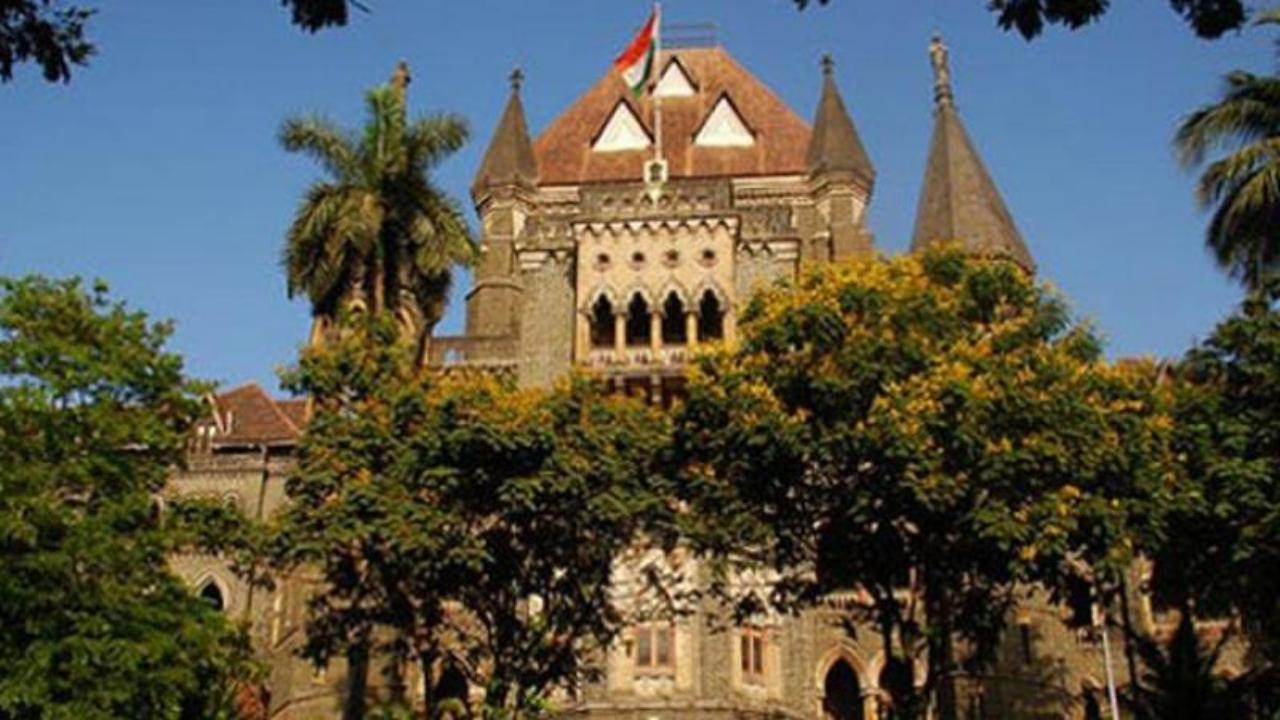HC seeks GoI`s response to concerns about anti-defection law in party mergers

The Bombay High Court has directed the Government of India to submit an affidavit in response to a Public Interest Litigation (PIL) challenging the protection against disqualification provided under the anti-defection law in the event of party mergers.
Chief Justice D K Upadhyaya and Justice Arif Doctor issued a notice to Attorney General R Venkataramani as the PIL questions the constitutional validity of paragraph 4 of the tenth schedule of the Indian Constitution, which encompasses the anti-defection law.
The specific provision stipulates that disqualification on grounds of defection does not apply in the case of a merger between two political parties. The court, hearing a petition by Meenakshi Menon, a media and marketing professional and founder trustee of NGO Vanshakti, instructed the Union government to file the affidavit within six weeks.
Ahmed Abdi, Menon`s lawyer, argued that defection is a “social evil,” emphasizing that legislators often switch allegiances not in the public interest but for personal gains, power, money, or due to the fear of investigation agencies. Abdi stated that voters suffer in this scenario, unable to address their concerns directly in Parliament, leading to a betrayal of trust.
Menon`s plea calls for the court to declare the paragraph allowing for the `split and merger` of political parties in the tenth schedule as illegal, unconstitutional, and violating the basic structure. The PIL contends that politicians exploit this provision for group defections, ultimately betraying voters in the process.
In another development, the Aurangabad bench of the Bombay High Court expressed dissatisfaction with the non-compliance of the Standard Operating Procedure (SOP) for evidence collection and preservation in sexual offense cases.
The court criticized the police and forensic experts for showing “utter disregard” for SOP compliance, reflecting a “very insensitive attitude” among stakeholders. Additionally, the High Court quashed an order convicting a 21-year-old man for allegedly raping a six-year-old girl in 2018, citing the failure to adhere to evidence collection and preservation protocols.
The court also set aside the life sentence imposed on the man, noting the prosecution had failed to prove the case against him beyond reasonable doubt and hence it was constrained to extend the benefit of doubt to him.
The collection and safe preservation of evidence in the present case has come under serious doubt, it said. (With inputs from agencies)





